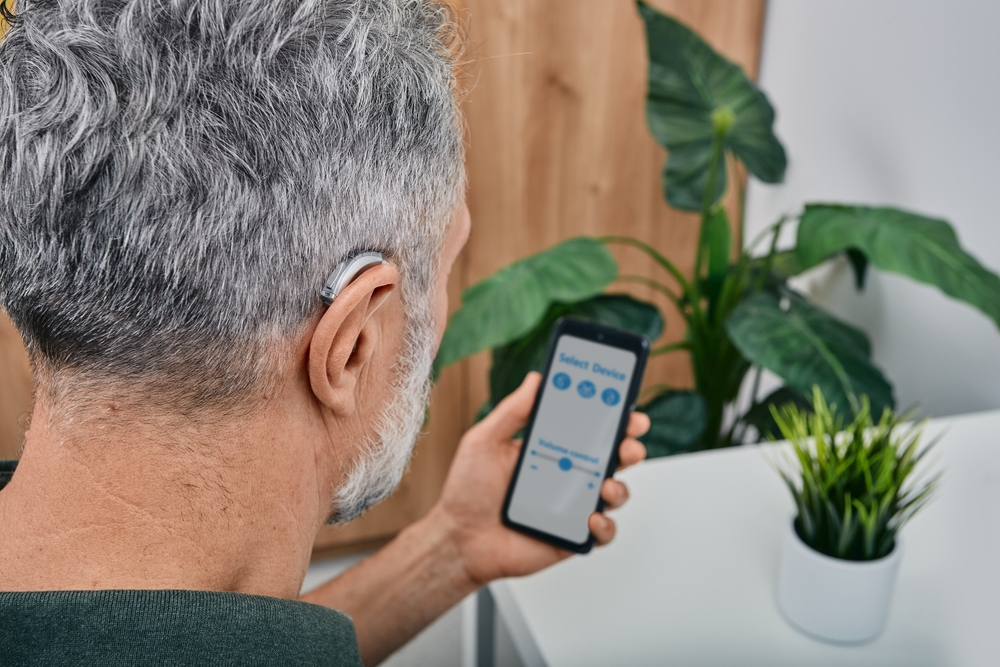
Socializing with friends and family and interacting with co-workers can be negatively impacted by even mild hearing loss, and this also includes everyday tasks like shopping. However, the introduction of well-calibrated hearing aids can lead to transformative changes.
Top ten reasons to invest in hearing aids
While the chief advantage of hearing aids is obvious, improved hearing, their impact goes far beyond basic auditory enhancement. The following will thoroughly outline those benefits.
Better relationships and communication
Personal relationships rely on the ability to communicate clearly. Relationships can be strained when hearing loss causes missed communication. Feelings of separation and stress will be decreased and your ability to communicate with others will be improved by using hearing aids.
Improved independence
Neglected hearing loss leads to obstacles in communication causing tasks like going shopping to become challenging. Your ability to understand speech and hear in a variety of settings will be empowered by hearing aids, allowing you to navigate these situations more independently. Having a better sense of independence will help you do things that demand improved situational awareness such as driving, for instance.
Prospect of higher income
In professional settings, successful communication is essential. Your job performance and career advancement can be diminished by untreated hearing loss which can impact how you take part in meetings and other work-related gatherings. You can boost your productivity, which can, in turn, bring about career opportunities, by using hearing aids to stay more alert and engaged.
Decreased tinnitus symptoms
Tinnitus, which is a ringing in the ear, commonly accompanies hearing loss. Many individuals find that wearing hearing aids helps mask tinnitus sounds, providing relief and improving overall comfort.
Cognitive decline can be mitigated
Some research has uncovered a link between neglected hearing loss and cognitive decline, including dementia. By managing hearing loss with hearing aids, you could reduce the risk of cognitive impairment and maintain better overall brain health.
The pleasure of music
Hearing loss can distort the perception of music, making it less pleasurable. Hearing aids replenish the fullness and depth of musical sounds by compensating for gaps in frequency, allowing you to rediscover the pleasure of listening to your favorite songs.
Boosted confidence
Clear hearing fosters confidence in social connections and professional situations alike. Your overall quality of life will be improved and you will feel more capable when you can communicate better.
Having more energy
Untreated hearing loss can be mentally tiring, as the brain works harder to compensate for auditory deficiencies. With hearing aids, you won’t feel so tired and will be able to take part in all of those activities that you enjoy.
Awareness and safety can be improved
Awareness of one’s environment is crucial for safety, whether it’s crossing the street or driving a vehicle. Environmental sounds can be restored by hearing aids, ensuring that your response to things like alarms and approaching vehicles is safe and appropriate.
Establishing an example that is positive
Embracing hearing aids demonstrates a proactive approach to health and well-being, setting a positive example for other people facing similar difficulties. It inspires people around you by revealing a commitment to personal improvement and growth.
Schedule a hearing test today
Hearing aids are primarily created to help you hear better, but numerous other facets of your life can be significantly affected too. Hearing aids are a positive step to an improved quality of life, whether that means increased independence, stronger cognitive health, improved relationships, or a combination of these.
Make an appointment for a hearing test today and take the initial steps to hearing better.